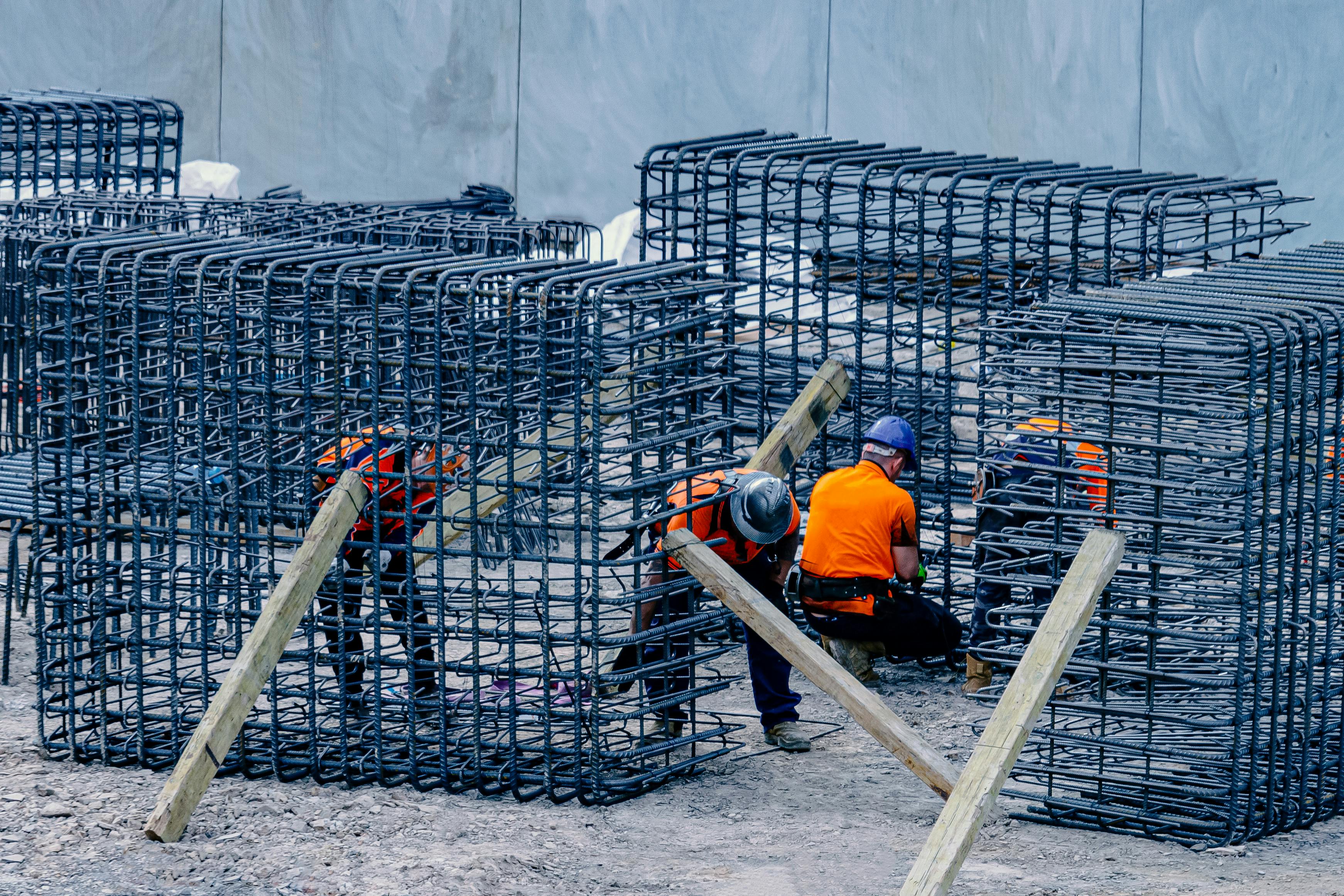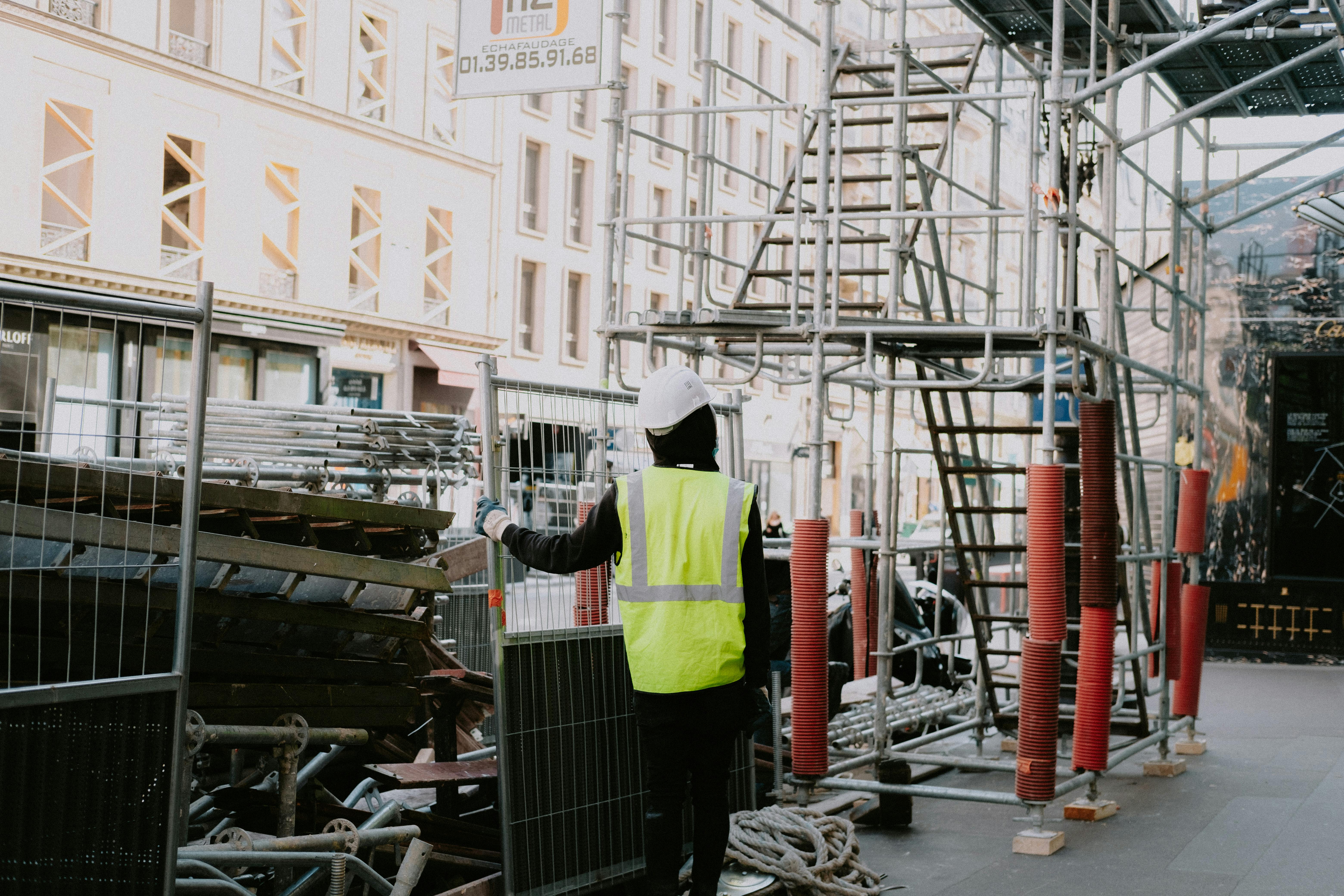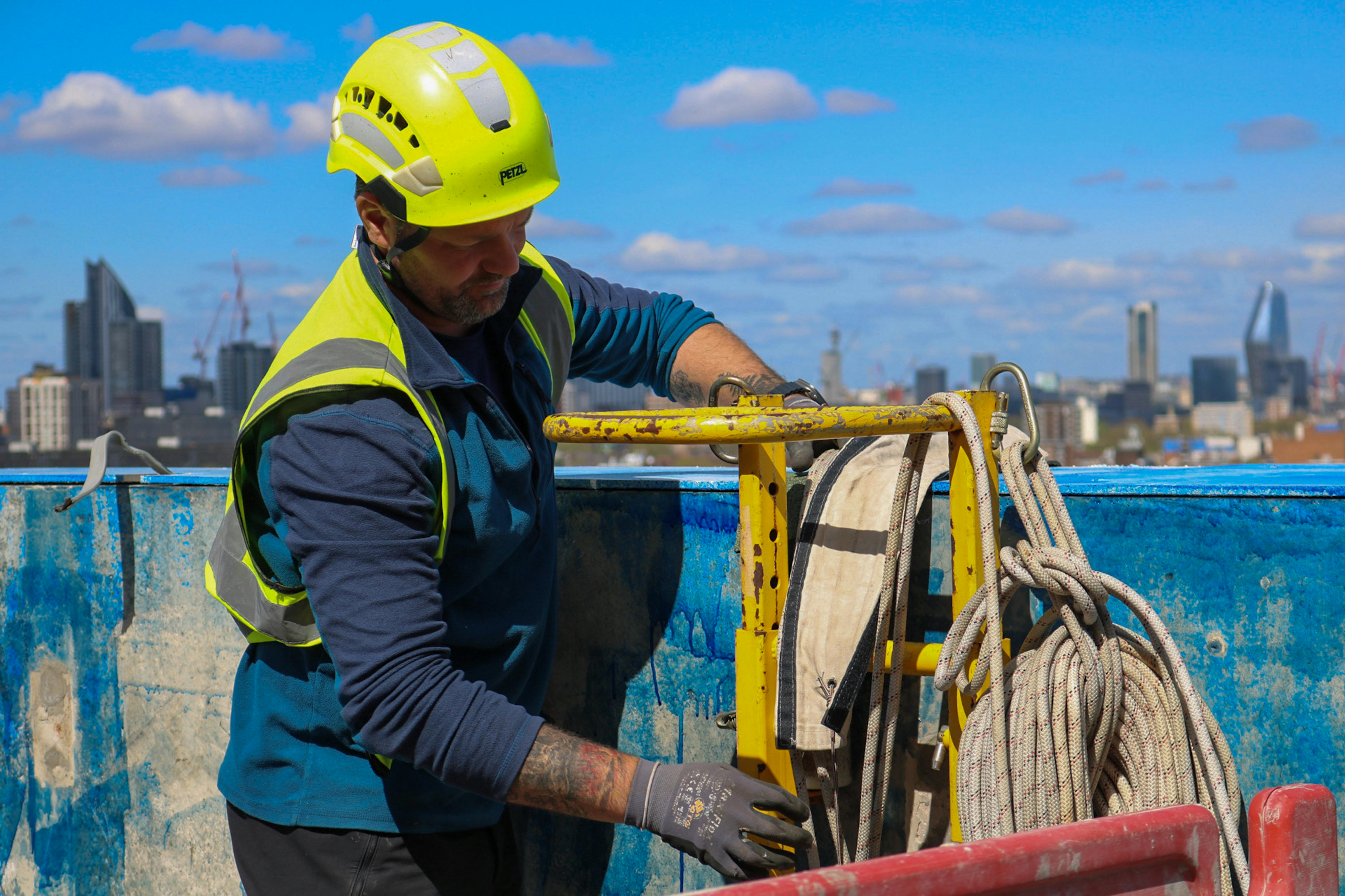Can I Sue My Employer for a Construction Injury in New Jersey?

After a serious construction accident in New Jersey, it's natural to feel angry and frustrated, especially if you believe your employer's carelessness is the reason you got hurt. One of the first and most common questions we hear from injured workers is, "Can I sue my boss?"
It's a fair question. When a company ignores safety rules or pushes for speed over caution, it should be held accountable. The answer, however, is not a simple yes or no. In New Jersey, the law has very specific rules about when you can and cannot sue your direct employer for a work injury.
Understanding these rules is the first step toward protecting your rights and getting the full amount of money your family needs to recover. Here at Levinson Axelrod, we can explain the rules for suing an employer in New Jersey in simple, everyday terms. If you have questions about your own injury, a New Jersey construction accident lawyer from our firm is ready to help. Call us at Levinson Axelrod for a free talk today.
The General Rule in New Jersey: The Workers' Compensation "Trade-Off"
To understand when you can sue your boss, you first need to understand the basics of workers' compensation. In New Jersey, nearly every employer is required to carry workers' compensation insurance for their employees. You can learn more about this system on the NJ Department of Labor's website.
This system is built on a big "trade-off."
- What you get: You are entitled to benefits for a work injury without having to prove it was your employer's fault. This is a "no-fault" system. These benefits help pay for your medical bills and a portion of your lost wages, as guaranteed by the law in New Jersey.
- What you give up: In exchange for these quick, no-fault benefits, you generally give up your right to file a personal injury lawsuit against your employer for their carelessness.
This rule is called the "exclusive remedy" provision, and it's a key part of New Jersey law. This law is like a high wall that protects most employers from being sued by their own workers for negligence.
What is the "Intentional Wrong" Exception in New Jersey?
That wall protecting employers is very high, but there is one small, hard-to-open door. You can sue your employer for a work injury if you can prove they committed an "intentional wrong."
This is the only major exception to the rule. However, it is very important to understand that "intentional wrong" does not mean what most people think it means. It means much more than your boss being careless, reckless, or even grossly negligent. It is a very high standard that is difficult to meet.
How Does New Jersey Law Define an "Intentional Wrong"?
To prove an "intentional wrong," our New Jersey personal injury attorneys must prove two things. This two-part test was created by the New Jersey Supreme Court in a famous case called Millison v. E. I. Du Pont de Nemours & Co.
The "Conduct" Prong
First, you must prove that your employer knew their actions were "virtually certain" to result in a worker's serious injury or death.
This is the hardest part. It is not enough to show that the job site was dangerous or that your boss knew there was a high risk of someone getting hurt. You have to show that your boss knew that the injury was a practical certainty. Think of it like this: if your boss removes a safety guard from a powerful saw to make it work faster, it is very likely someone will get hurt. However, it is not a "virtual certainty" that every single worker who uses it will be injured.
The "Context" Prong
Second, you must prove that what your employer did was not just a part of the everyday risks of a dangerous job. The employer's actions must be so outrageous that they go far beyond anything the Legislature intended to protect when it created the workers' compensation system.
These are complicated legal tests, and you must apply them properly to the facts at hand to get the compensation you deserve. Rely on our trusted legal team at Levinson Axelrod to protect your legal rights and financial future.
What if My Injury Was Caused by Someone Else on the Job Site?
While suing your own boss is very difficult, that is not the end of the story. On most construction sites, there are many different companies working together.
Even if you can't sue your direct employer, you have every right to file a third-party lawsuit against any other person or company whose carelessness hurts you. This is your most powerful option in most construction accident cases. A third party could be:
- The general contractor is in charge of the whole site.
- A different subcontractor is working nearby.
- The manufacturer of a faulty machine or tool.
- The owner of the property.
There can be other parties at issue in these accidents, and we can investigate what happened to you.
Your right to file these lawsuits is protected by New Jersey law at NJ Stat. § 34:15-40. This is the most common way for an injured worker to get full compensation, including money for pain and suffering.
Call an Experienced New Jersey Attorney to Evaluate Your Case
Figuring out if your employer's actions rise to the level of an "intentional wrong" is one of the most difficult questions in New Jersey injury law. It is not something you can or should try to figure out on your own. You need an experienced NJ injury lawyer to look at all the facts.
If you have been injured on a construction site and feel your employer's actions were more than just a mistake, you need to talk to a lawyer. Contact Levinson Axelrod today for a free, confidential consultation. With 10 offices across the state, we are your neighbors, and we are ready to fight for you.



.avif)